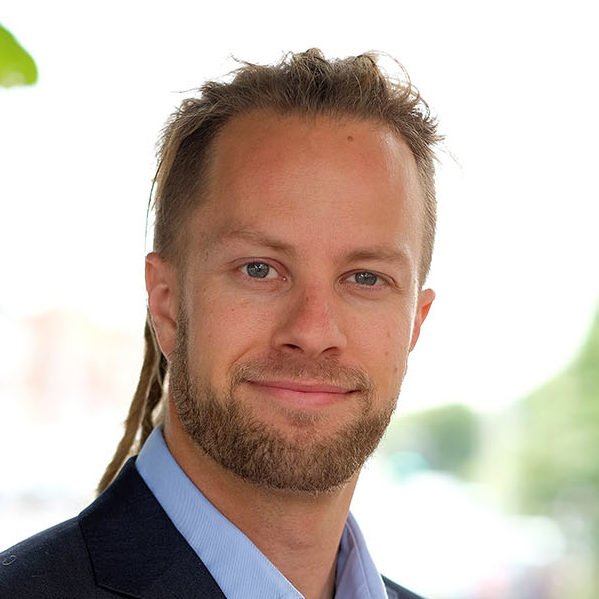Nobody cares how much you know, until they know how much you care.
Theodore Roosevelt
When I was growing up, I was lucky enough to have a stable family and caring extended family that provided me the guidance and support that I needed. Like most children, I learnt by observing adults and then imitating them, particularly the ones that were role models to me.
I had an endless curiosity—when I wanted answers, I asked why it happened, or how it worked. Sometimes, I got the answers, and other times, I didn’t. Although I learnt a lot from observing, from listening to conversations that my parents had, I mainly learnt from the discussions I was involved in. Even though I didn’t know it, my knowledge was limited, and my parents sent me to school to extend my learning.
You hear so many parents saying that they’d like their children to have a better life and future than what they could provide. They acknowledge they need help to achieve this and rely on the education system and the community to help support them. But it doesn’t help parents when schools put so much emphasis on their children’s school exam results and behaviour. Parents view these things as an indicator of their children’s future success. This makes them anxious—no parent wants their child to be labelled a failure from such an early age.
I had a friend that didn’t do well at school. He misbehaved and failed most of his exams—was held back a year. Being “a disappointment” was something that could have stuck with him throughout his life. But he’s now a father of two and has a job he enjoys—in the bigger picture, he’s a success. So, how did he manage this? He found a mentor that believed in him, who helped him grow and made him realise he was hanging onto outdated ideas and labels from his childhood. He was one of the lucky ones.
At LifeLine, we help facilitate change in the lives of the young people we serve through our mentorship programmes. Our mentors provide genuine and compassionate role-models that share their life experiences. They’re not judgemental—they offer realistic advice and guidance about reaching specific goals that the young people aim for. They provide answers to their questions, they actively listen, they help them find solutions to their problems, and they encourage them to act. They help young people feel a sense of achievement, and they help them see themselves as leaders. They encourage them to reflect, and they help them to learn from their mistakes. They make them realise the skills they already have, and they encourage them to be open to new ideas.
As Socrates said, the secret of change is to focus all of your energy not on fighting the old, but on building the new.
Mentoring is about the belief that not only we can change, but that we have the power to make change happen.
What makes a good mentor?


They should be approachable and relatable, open and dynamic. The people we meet come in all shapes and sizes. And we have to meet them where they are and not expect them to come to us.
Serea, Youth Development Worker and Outreach Coordinator

Listening and compassion is a must. They should be able to speak truth to power and be brave alongside the young people.
Ruth, Head of Young People’s Services

They need to be fair in judgement, someone who both listens and allows the mentee to be heard.
Royston, Youth Development Worker and Parent Champion Coordinator

A good mentor needs energy, enthusiasm, and empathy—because young people need to be heard.
Alex, Lead Youth Development Worker

A good mentor is a good listener—someone who is friendly, trustworthy and reliable. These things matter because together they will help lift someone up who doesn’t have access to these qualities in their regular life.
Stephen, Youth Development WorkerMy seven top tips for mentoring
- Powered by compassion—as Teddy Roosevelt said, "No one cares how much you know, until they know how much you care”. Those we mentor can't benefit from the mentoring until they feel the love.
- Model vulnerability—if we want our mentees to be open, we have to demonstrate that openness ourselves. However, you must always be driven by sharing for the purpose of the person you are mentoring, not for yourself. The test question is, "Would sharing this be this be helpful or hindering for the mentee?"
- Leading from the front—only ask people to do that which you are willing to do yourself. Who are you vulnerable to, who mentors you?
- Set clear expectations—both mentor and mentee should know what to expect. You may lay this out in a mentoring agreement.
- Agree actions, don’t set them—following each session, you should agree the actions to be achieved by the next session with the mentee. Ensure at each session you review the previous actions and make adjustments.
- Celebrate successes—rather than asking, "What went wrong?", ask, "What did you do well?"
- Handholding—whilst we are all familiar with the African proverb, it takes a village to raise a child, Western society values independence, which often leaves the most vulnerable children and families isolated. Whilst mentoring starts to break some of the isolation, people need to be in community, not just mentored. Don’t just refer mentees but handhold them into community by making phased and supportive introductions. This will require staff to work irregular hours.



